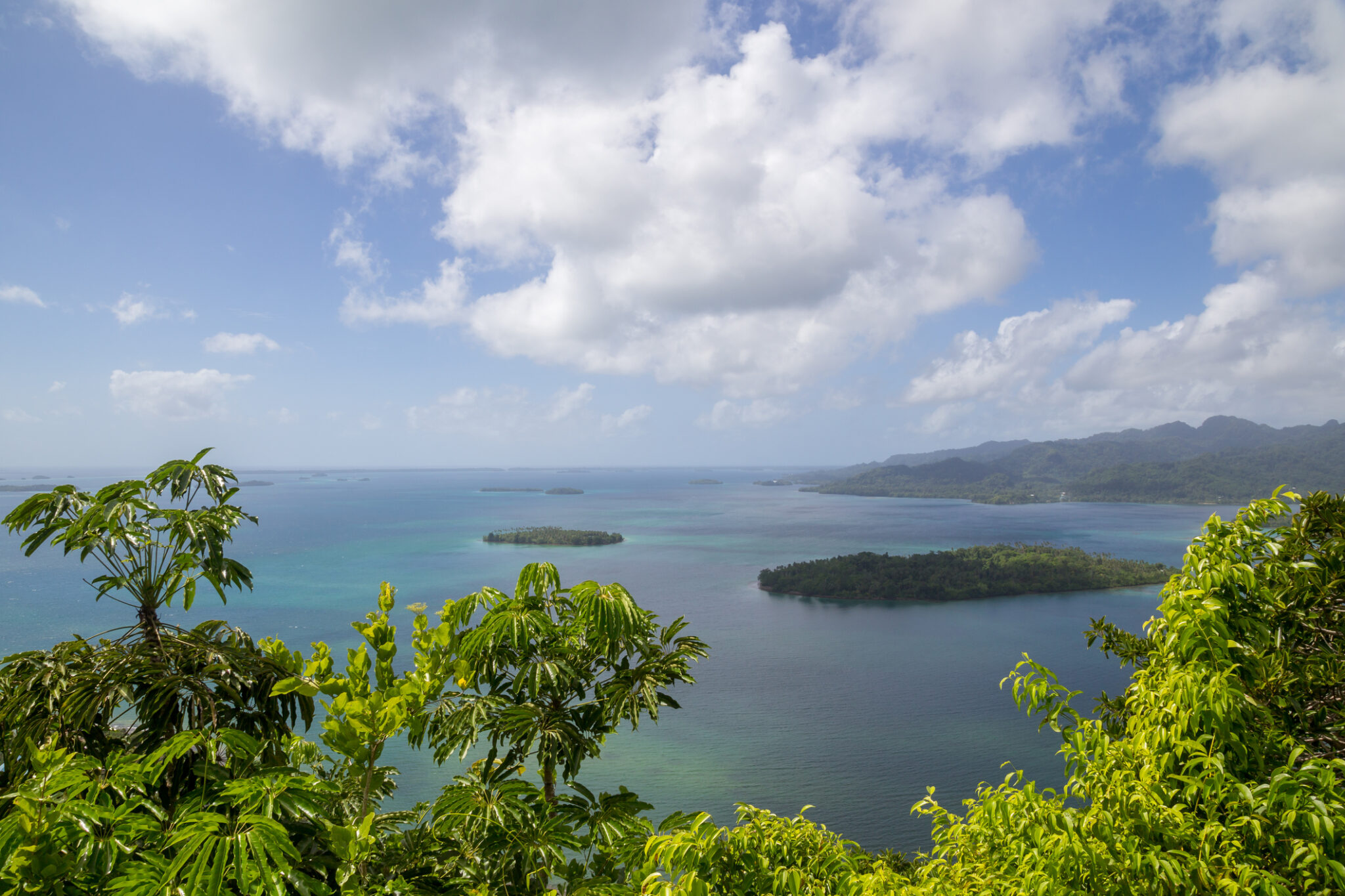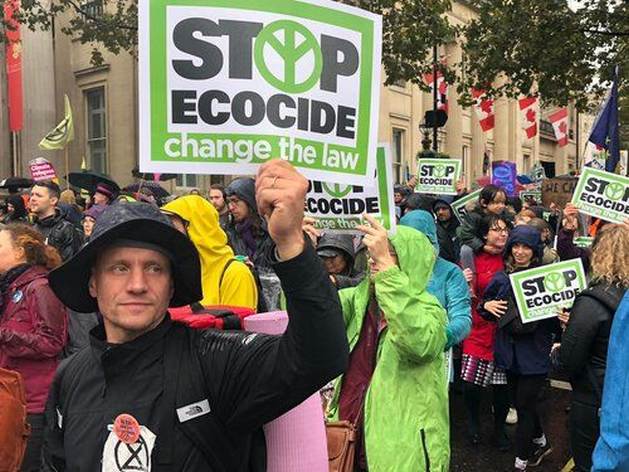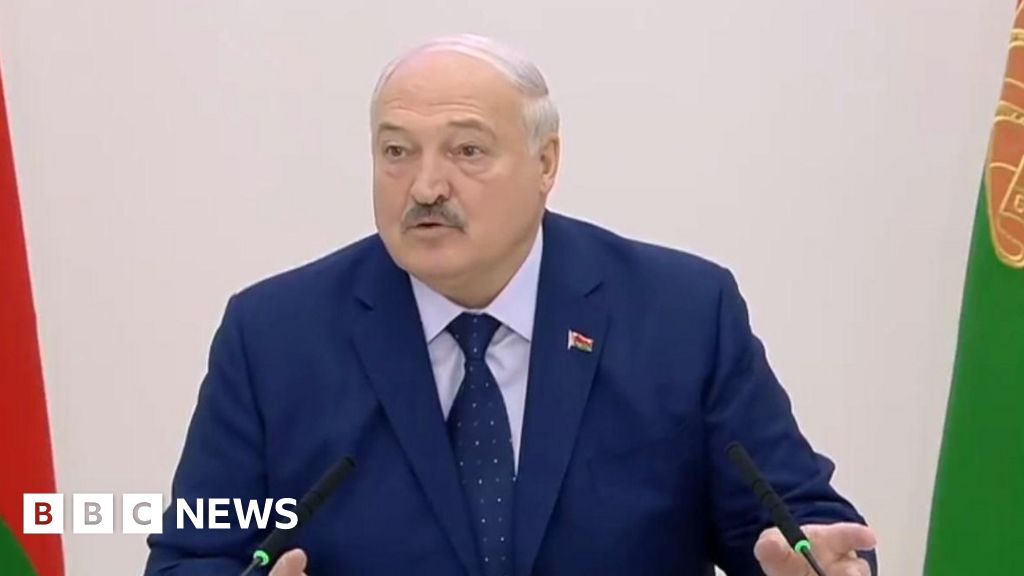China’s foray among Pacific Islands provokes U.S., Australian concerns
A security agreement signed by China and the Solomon Islands in April, has created waves of concern throughout the region and reaching as far as the United States. Initially leaked as a draft, the deal was formally signed at a meeting in Beijing between foreign ministry officials of the PRC and Solomon Islands, triggering alarm over what it means for Australian national security.
The agreement reportedly contains a provision that allows the Solomon Islands to call on China to send police and military personnel to assist local law enforcement in maintaining civil order and protecting lives and property.
China followed the Solomon Islands initiative with a Pacific Islands tour by PRC Foreign Minister Wang Yi, who recently met with representatives of eight island nations while on a visit to Fiji where diplomats are reportedly working toward cooperation measures on issues ranging from health to disaster management to agriculture.
In late May, the president of the Federated States of Micronesia urged twenty one other Pacific Island nations not to agree to Beijing’s proposal. David Panuelo said the China-Pacific Islands common development framework aimed to achieve for China “access and control of our region, with the result being the fracturing of regional peace, security and stability”.
Meanwhile, the U.S. has accelerated steps to reopen its embassy in the Solomon Islands, which has been closed since 1993, and Australia has agreed to set up a border post to provide an emergency services communication network.
The Cipher Brief turned to several experts in Pacific regional affairs to go deeper on what this means for the region and for national security.
Access all of The Cipher Brief’s national-security focused expert insight by becoming a Cipher Brief Level I Member .
Check out our Latest News and Follow us at Facebook
Original Source







